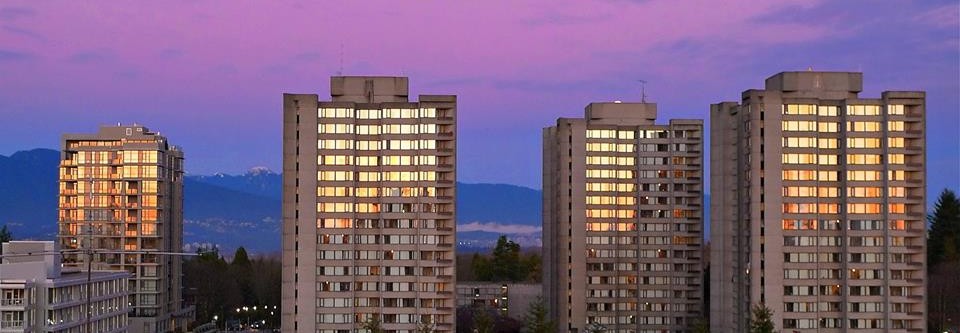Looking for a place off-campus
By Molly Lai, Residence Advisor
For some of us, our time in residence is swiftly drawing to a close and it is time to start thinking about where we want to go next. By where, I mean where am I going to live next year. I personally had no idea how to go about the next step of moving out of residence and finding an apartment. As a person who always needs a plan the uncertainty of this change sent me into a near panic, so I took a deep breath and started to ask everyone I knew where I needed to start. Here are the three first steps that everyone seemed to agree on:
- Be realistic. What are you able to afford? Will you need a roommate? If you need a roommate, who would you be able to live with? (This is probably one of the hardest questions. It is not always your best friend.) Are you able to live on your own? Do you need to live about the 12th floor?
- Location. What are your top three priorities for a place to live? Do you need to be close to campus? Close to bus stops? Grocery store? Library? Work? Do you have a car? Do you need water access because you’ve decided to kayak to UBC everyday? All of these questions are important factors in the choice of where to live. Maybe you need to have access to parking or maybe you want to live along the 99 B-Line route.
- Amenities. What are your top three must haves in an apartment? Do you need a dishwasher? Laundry on-site? A north-facing bedroom? A furnished apartment? A personal chef?
After you have made a decision on these questions and (possibly) decided that you cannot afford to live in a penthouse in Yaletown with a boat launch and a personal chef, check out the UBC housing site for some other helpful hints. They have a brief guide to the more common abbreviations used in classified ads as well as some places to start your search.
PS. If you can afford the Yaletown penthouse, I’m looking for a roommate willing to pay most of the rent on a similar apartment. If not I guess I’m resigned to be just another average student.

 Follow
Follow